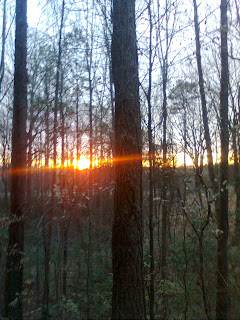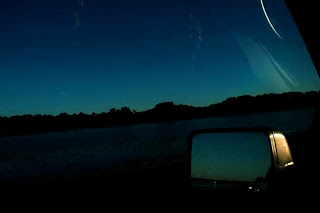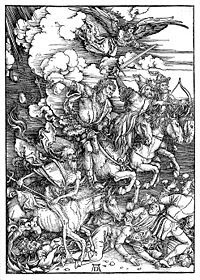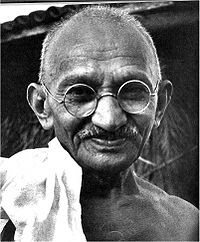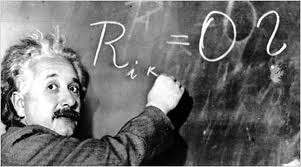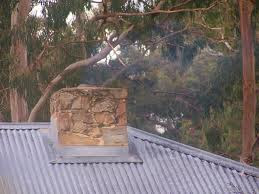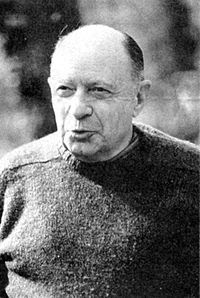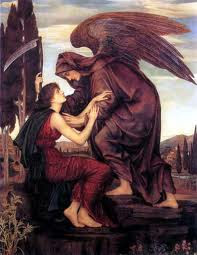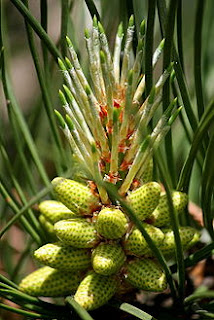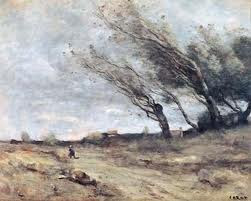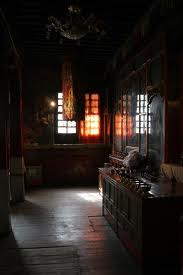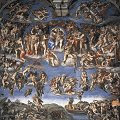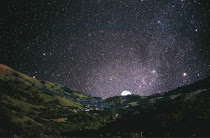
Resolve to Die in Christ"Resolve to die rather than abandon this life-giving search." Read slowly, in the lamplight, early cold morning.
Simeon the New Theologian is a man of burning words indeed. In the comfort of the monastery it is easier to neglect him as an extremist. "To have no thought of oneself for an earthly end, but to have one's whole mind centered on Christ. What measure, think you, will this procure of heavenly good, and of angelic condition?" (
Catechism, II).
How clearly I see and experience this morning the difference and distance between my own inertia, weakness, sensitivity, stupidity, and the love of Christ, which instantly pulls all things in me together so that there is no longer any uncertainty or misdirection or lassitude. What a shame and dishonor to Christ if I let my life be such a mess of trivialities and silly concerns (that are in reality only a mask for despair!).
I will not easily forget the thin sickle of old moon rising this morning just before dawn, when I went down to say Mass. Cold sky, hard brightness of stars through the pines, snow and frost, exaltation on the bright darkness of morning. In the cold of Advent I recapture the lostness and wonder of the first days when I came here twenty-three years ago, abandoned to God, with everything left behind. I have not felt this for a long time here. Breaking off and living (to a great extent) in the woods brings me back face to face with the loneliness and poverty of the cold hills and the Kentucky winter--incomparable, and the reality of my own life!
December 1, 1964, V.172



